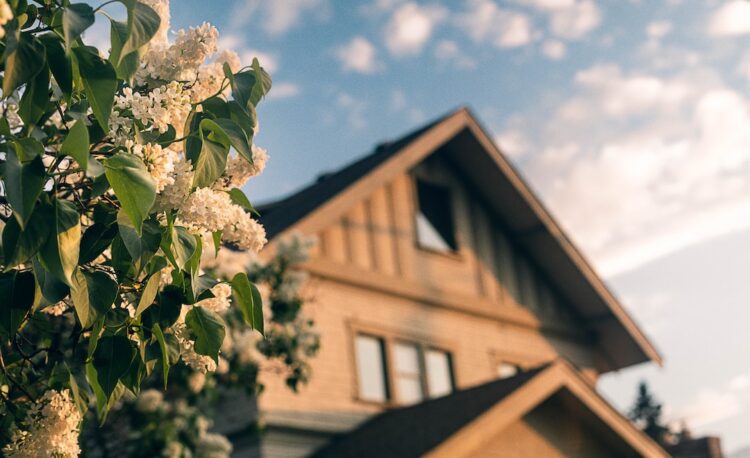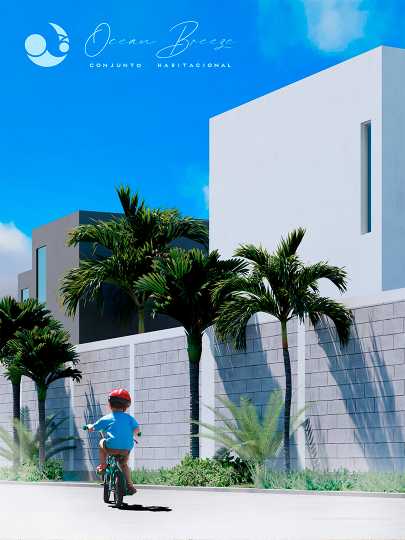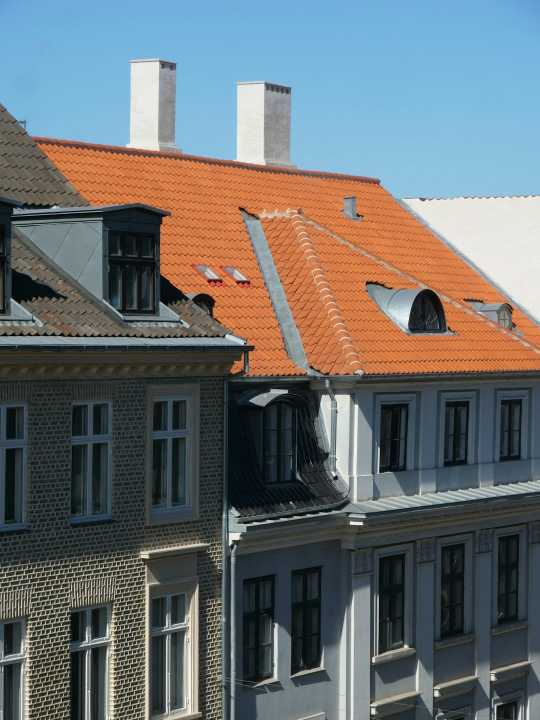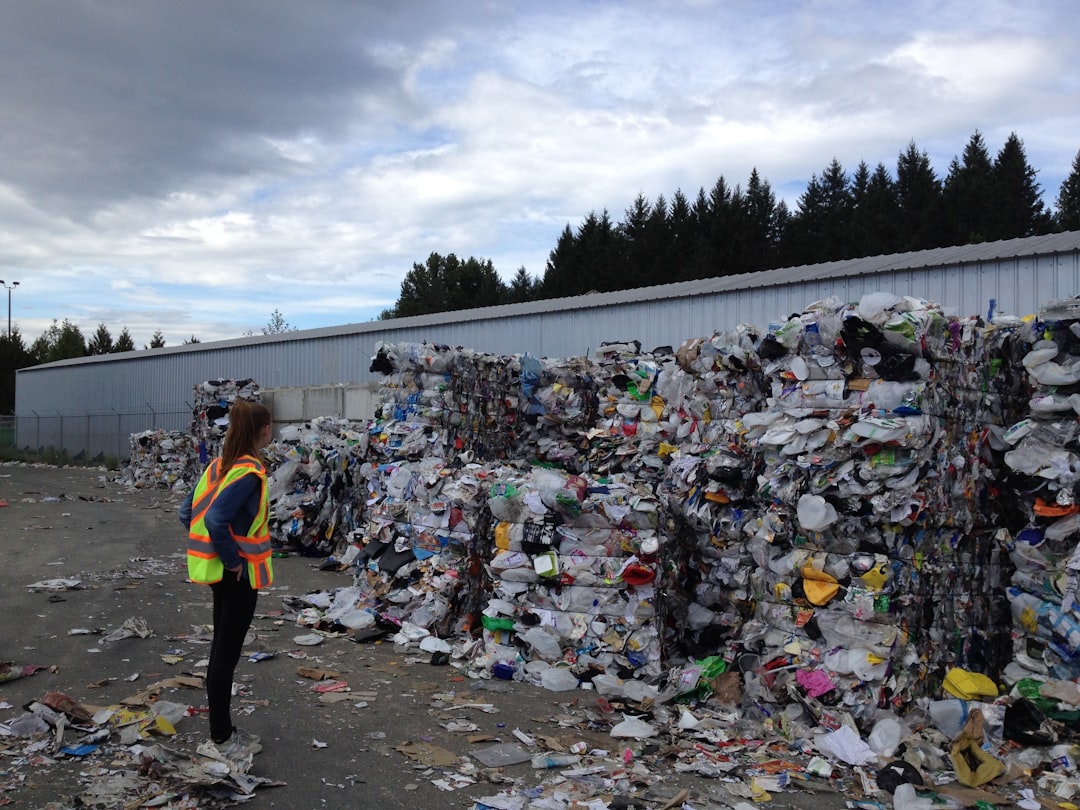The Rise of Sustainable and Energy-Efficient Homes
In recent years, there has been a significant shift towards sustainable living and energy efficiency. With the increasing awareness of climate change and the need to reduce our carbon footprint, many individuals and families are now opting for sustainable and energy-efficient homes. These homes incorporate various technologies and practices to minimize their impact on the environment and promote a more sustainable way of living. This blog post will explore the rise of sustainable and energy-efficient homes and the benefits they offer.
One major driver behind the rise of sustainable homes is the desire to reduce energy consumption and dependence on non-renewable resources. Traditional homes rely heavily on fossil fuels for heating, cooling, and electricity. This contributes significantly to greenhouse gas emissions, which are the primary cause of global warming. Sustainable homes, on the other hand, are designed to minimize energy consumption by utilizing renewable energy sources, such as solar panels, wind turbines, and geothermal systems.
Solar panels, in particular, have seen a surge in popularity among homeowners looking to reduce their reliance on the grid. These panels harness the sun’s energy and convert it into electricity, which can power the entire home. Not only do solar panels reduce energy costs, but they also help reduce carbon emissions. Furthermore, many governments offer incentives and tax credits to encourage the adoption of solar energy systems.
Another key aspect of sustainable homes is energy-efficient appliances and fixtures. These homes are equipped with energy-efficient refrigerators, dishwashers, washing machines, and lighting. These appliances are designed to consume less energy while still providing the same level of functionality. For instance, LED light bulbs use minimal energy compared to traditional incandescent bulbs and can last significantly longer.
Improved insulation and building materials are also integral to sustainable homes. Proper insulation helps maintain a consistent temperature throughout the house, reducing the need for energy-intensive heating and cooling systems. Additionally, sustainable homes often utilize recycled or eco-friendly building materials. These materials are renewable, have a lower carbon footprint, and can be recycled at the end of their life cycle, thereby reducing waste.
Beyond reduced energy consumption, sustainable homes also prioritize water conservation. Water scarcity is a growing concern in many regions, making it vital to minimize water usage. Sustainable homes are equipped with water-efficient fixtures like low-flow toilets, showerheads, and faucets. Rainwater harvesting systems are also becoming more popular, allowing homeowners to collect and reuse rainwater for non-potable purposes like garden irrigation.
Aside from environmental benefits, sustainable homes offer numerous economic advantages. While the initial cost of building a sustainable home may be higher than a conventional one, the long-term savings can be substantial. Energy-efficient homes require less energy, resulting in lower utility bills. Additionally, the resale value of sustainable homes is often higher due to the increasing demand for eco-friendly properties.
Furthermore, sustainable homes promote a healthier living environment. Traditional homes can contain harmful pollutants and allergens, such as volatile organic compounds (VOCs) and mold. By utilizing eco-friendly building materials and ventilation systems, sustainable homes ensure better indoor air quality, reducing the risk of respiratory problems and allergies.
The rise of sustainable and energy-efficient homes is not just a passing trend but rather a necessary response to the challenges of climate change. As more individuals and families recognize the importance of sustainable living, the demand for these homes will continue to increase. Governments, businesses, and individuals must work together to develop and promote sustainable building practices to ensure a greener and more sustainable future for all.











